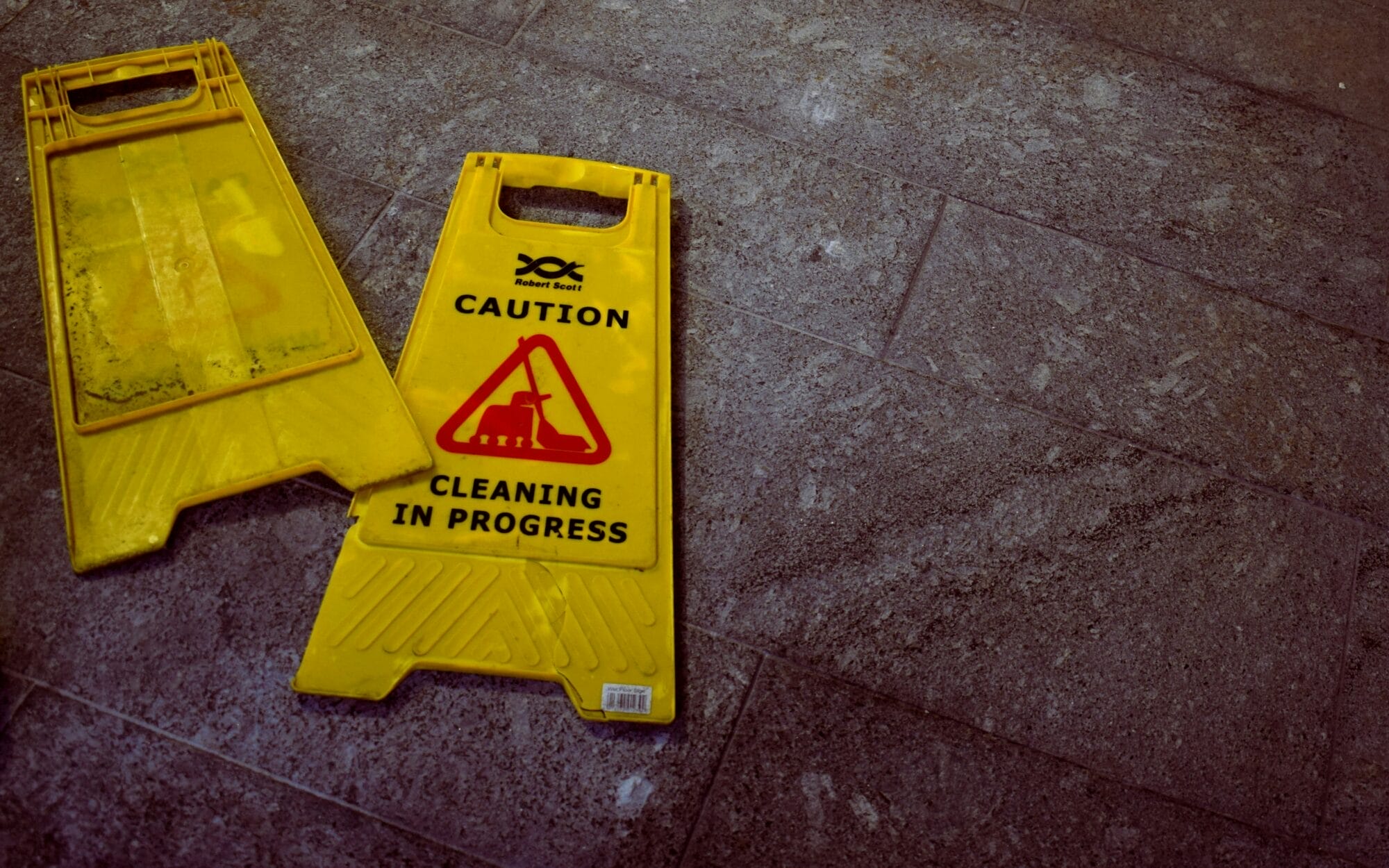A recent OSHA report shows repetitive strain injuries (RSI) affect 1.8 million workers yearly. RSI occurs for several reasons, including engaging in repetitive activities, poor standing or sitting posture at work, and using specific handheld tools regularly. You can develop symptoms of RSI in many parts of the body, including the back, spine, neck, shoulders, elbows, hands, fingers, and wrists.
If you have developed an RSI from your workplace task, you could be entitled to compensation. Don’t deal with the medical burdens of the injuries on your own. Let’s look at the causes of RSI and see what professions have a high rate of RSI. Then you can discuss your case with a knowledgeable workers’ compensation attorney.
Common Causes of RSI
Some of the common causes of repetitive strain injuries include:
- Use of one group of muscle more than the rest
- Carrying out high intensity strenuous or repetitive tasks without a rest break
- Use of equipment or tools that produce high vibrations
- Using a computer that has not been set up specifically to meet your physical traits
- Regular lifting or carrying of loads
- Working with an awkward posture for long periods
- Repeating a motion that involves ligaments, muscles, or joints
- Repetitive micro-movements that involve the use of limbs
Common Professions with a High Rate of RSI
Any profession with repeated actions over a long time can elevate the risk of developing RSI. These injuries build over time, leading to severe conditions such as stress fractures, ganglion cysts, nerve compression syndromes, herniated disks, bursitis, and Dupuytren’s contracture.
The following professions are at a higher risk of developing RSI:
Computer and office work: Repetitive reaching for a mouse and poor sitting posture during office hours can lead to arm and neck strain and even spinal asymmetry. Repeated computer motions can affect the arms and upper back muscles, tendons, and nerves.
Construction: Construction workers often pick up and carry large and heavy construction equipment and materials repeatedly. They also repeatedly perform certain motions, thus overworking some muscle groups.
Factory workers/process operatives: Factory workers and production operatives are specifically prone to developing RSI. These workers often repeat the same motion over and over again and may perform highly intensive activities for long periods. Other production settings contributing to the risk of RSI in factories and production lines include bad sitting or standing posture, cold temperatures, and vibrating equipment.
Writing or typing: motion movement from typing on a computer at work can cause repetitive strain injury if one does it too often. Typing requires repeated movements that can strain or damage tendons, nerves, and muscles in your wrists, shoulders, arms, hands, and neck.
Lorry drivers: Long-haul drivers are at a higher risk of developing symptoms of RSI if they sit for long hours on the road. RSI can also occur when the driver has a poor posture, move their body awkwardly, or lift objects in and out of the vehicle.
Carpentry: Carpentry work requires the same movement to be made repeatedly. With time, this will likely give rise to repetitive strain injuries such as joint injuries, herniated discs, and hand fracture injuries.
Other occupation with a high risk of RSI includes:
- Tasks on assembly lines
- Electrical work
- Butchering work
- Animal husbandry, such as milking
- Painting or playing an instrument
- Stocking and packing
- Warehouse workers
- Workers on assembly lines
Are RSI injuries compensable?
RSI can include over 100 types of injuries, including tissue damage, muscle strain, and inflammation. The symptoms usually start gradually and can include stiffness and weakness, swelling, muscle cramps, pain like throbbing or burning, stiffness, and numbness. For a work injury to be covered by the Virginia Workers’ Compensation Act there must be a sudden identifiable event that results in a sudden mechanical change of the body.
Most RSIs do not fall under this definition of a work injury and are therefore not covered under Virginia workers’ comp laws. However, it is not uncommon for an injured worker to experience some discomfort from an RSI, but then have a sudden and specific event occur that causes an increase in their pain and results in additional trauma (i.e., you have back pain from lifting boxes all day every day, but when lifting one specific box you have a sudden and intense pain in your back that does not resolve).
Virginia law on RSIs is complex and specific to the facts of each individual case. It is very important that you contact an experienced Virginia workers’ compensation lawyer. They can help to determine if you could be eligible to receive workers’ compensation benefits. If you believe your injury is due to repeated motions in your workplace, contact Renfro & Renfro, PLLC, for a free consultation today.
Will I be punished for claiming RSI compensation?
Many injured workers fear the potential repercussions of claiming compensation from their employer after suffering an RSI. However, you should inform your employer about all workplace injuries as soon as possible. Employers carry insurance policies that cover them for any RSI claim. Additionally, the law forbids employers from taking any disciplinary action against injured workers who seek compensation or initiate legal action against them. If you were victimized based on your claim, you could seek further damages for unfair dismissal/treatment in addition to your personal injury claim.
Get Virginia Injury Attorneys to Help with Your Case
Working in professions with a high rate of RSI can impact your quality of life. It can limit your ability to do your job and perform everyday domestic tasks such as cooking, bathing, and washing. It can also impact your enjoyment of leisure activities and hobbies. If you have suffered an RSI at your workplace, speak to the experienced and knowledgeable workers’ compensation from Renfro & Renfro, PLLC today.
Our experienced Virginia injury attorneys are well-versed in the differences between bodily injury and personal injury. We can guide you on your rights and responsibilities under the law, ensuring you get the best outcome for your case. Schedule a free consultation today by calling (804) 601-4433 or contacting us online.
We look forward to working with you!






